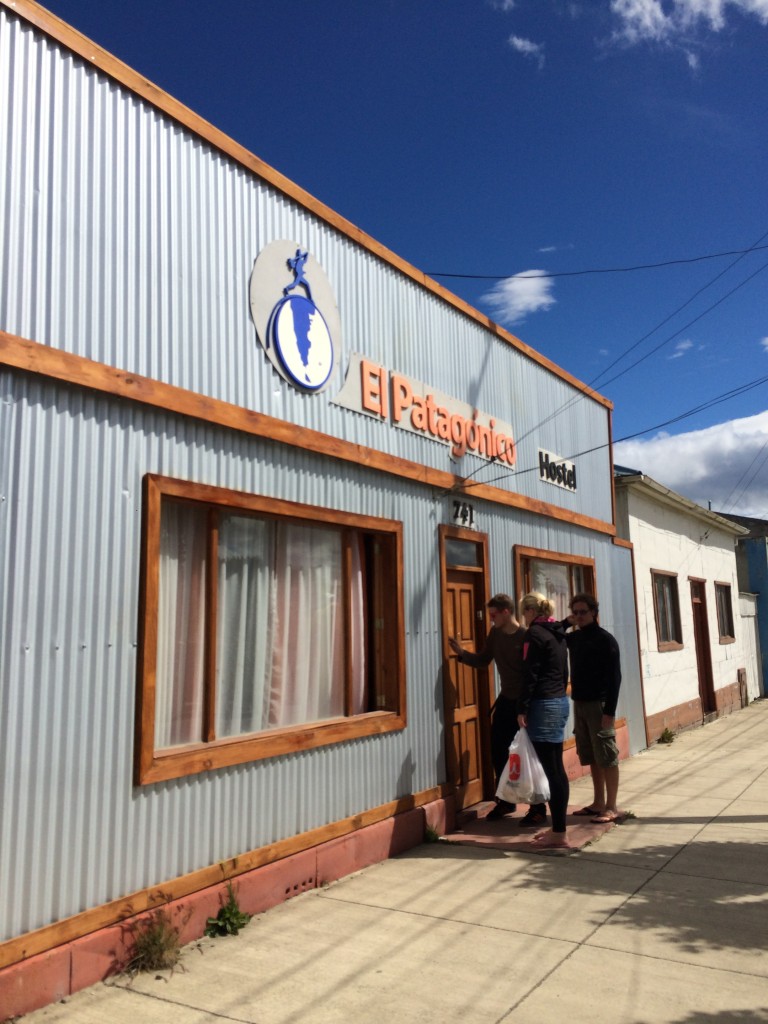Hostels in the US are not very common. There’s a perception as well about hostels for many in the US. They aren’t clean, your stuff will get stolen, etc. But, I’ve stayed in hundreds of hostels all over the world and I dig hostels. Here’s why:
- meet people from all over the world
- never feel like you’re traveling alone
- always located in a great part of town
- always have guides, maps, etc to help you know where to go
- not expensive for a place to lay your head for the night (since you’re probably traveling to see the sights, after all)
- much more character than a hotel
- almost always have wifi and power as well as a common space
- common kitchen which allows you to do your own cooking
The downsides and how to overcome them:
- always carry an eye mask and ear plugs (hostels can be noisy at times and depends on the hostel)
- bring shower shoes as a general practice though you may not need them
- bring your own shampoo and soap, and have a towel just in case
- bring a lock. most hostels have storage lockers but you generally provide your own lock.
I have never had anything stolen from a hostel. I’ve never had a bad experience… except for a random incident in El Salvador. But, now I have a story to tell. And, I was safe.
Hostels, particularly for solo travelers, are great places to stay. You will always meet people and you’ll usually be in a part of town that’s easy to get around. Staff generally are multilingual and very helpful. If you’re up for an adventure, try a hostel.
Some of my favorites include:
El Patagonico, Puerto Natales, Punta Arenas, Chile
La Maison du Patriote, Montreal, Quebec, Canada
La Esperanza, San Juan del Sur, Nicaragua
Generator Venice, Venice, Italy
Las Ramblas, Barcelona
